Environmental Sustainability

Environmental Commitment
Environmental sustainability is a core value guiding the operations of all companies in the group. From raw material extraction to production and transport, the group adopts best practices that minimize environmental impact and promote more efficient resource management.
Sustainable Natural Resource Management
The exploitation of mineral resources is carried out responsibly, with respect for ecosystems and territorial integrity. Quarries follow environmental management plans that include monitoring, control, and rehabilitation measures for intervened areas. The group invests in research and development of its products and production processes, oriented toward circular economy transition models, promoting continuous improvement in quality, safety, and environmental performance.
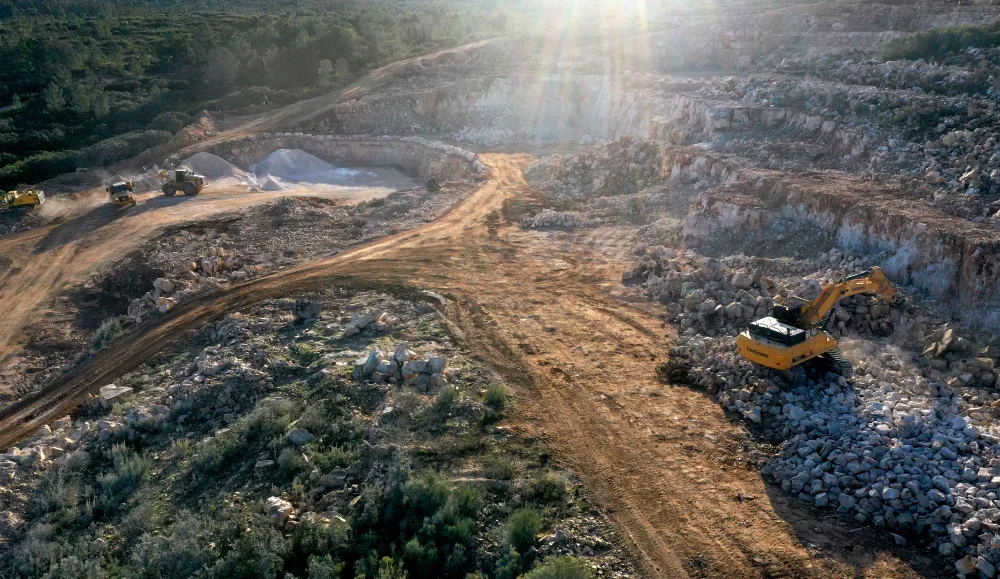
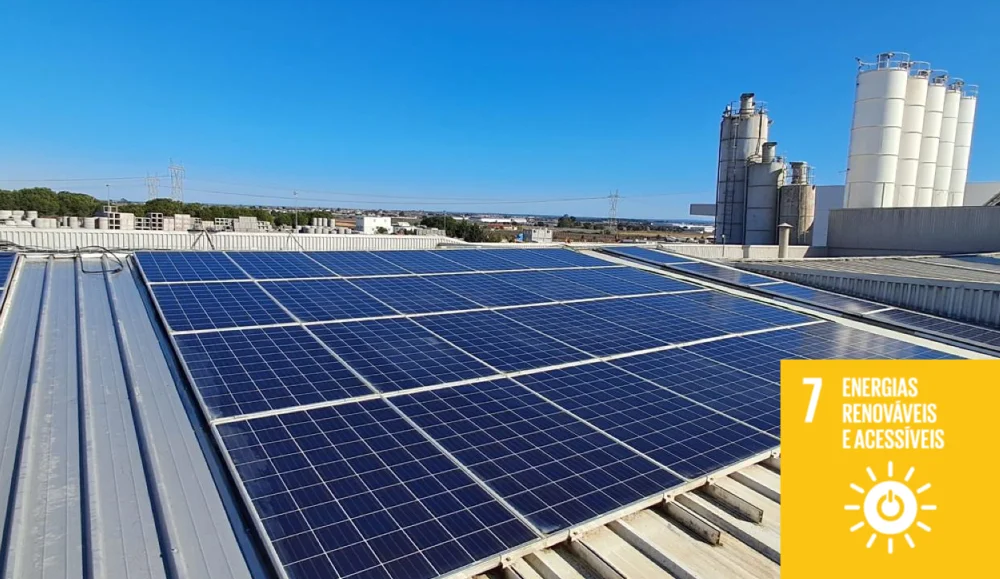
Renewable Energy
These systems help reduce dependence on non-renewable energy sources, improve energy efficiency, and decrease greenhouse gas emissions. Electricity production from renewable sources aligns with Goal 7 of the United Nations’ 17 Sustainable Development Goals. Investment in clean renewable energy reinforces the commitment to decarbonizing operations.
Optimized Production
Production processes are continuously reviewed to improve efficiency and reduce waste. The use of high-performance machinery allows greater precision and lower resource consumption. These practices increase competitiveness and contribute to more sustainable production. This approach aligns with Goal 8 of the Sustainable Development Goals, which aims to promote sustainable economic growth and decent work.
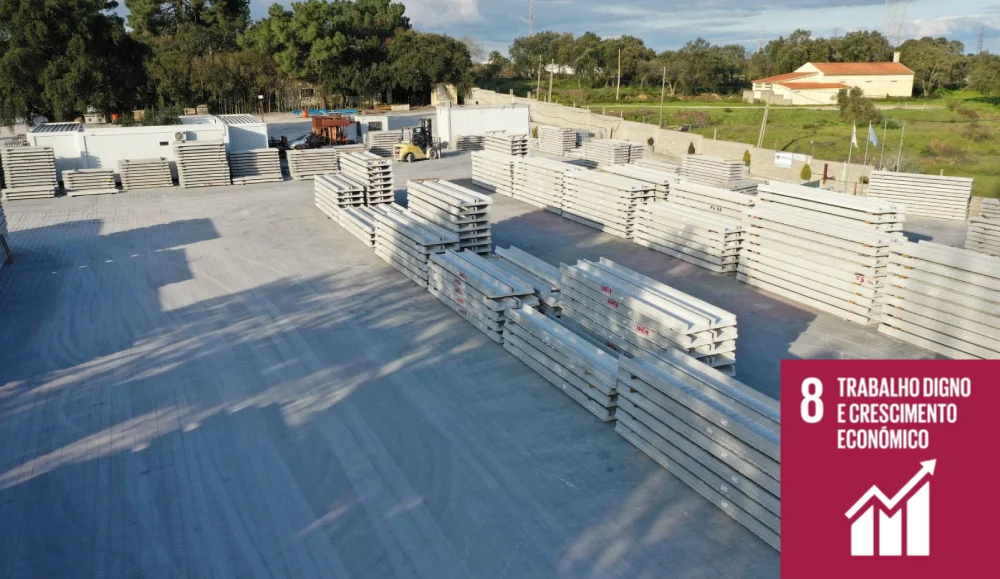
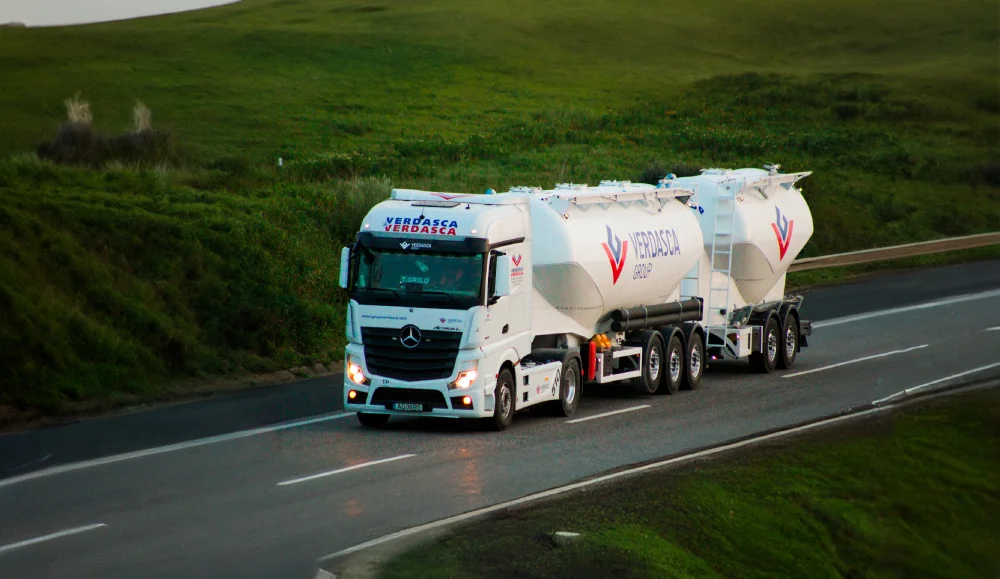
Sustainable Mobility and Transport
Aware of the impact of logistics operations, this is another area of group investment. The light vehicle fleet is transitioning to electric vehicles. Fleet maintenance is carried out by certified workshops, ensuring high standards of reliability, safety, and operational efficiency. Logistical planning solutions are also being applied to optimize distribution routes. Data analysis helps reduce travel distances, delivery times, and energy consumption, minimizing direct carbon dioxide emissions associated with transport. The environmental impact of transport is thus minimized in the product delivered to the customer.
Waste and Packaging Management
To comply with legal obligations regarding waste and packaging management, a contract has been established with the management entity Novo Verde. This collaboration ensures the proper routing of packaging waste for recovery and recycling. More information on waste separation rules is available on the management entity’s website. Additionally, the group promotes awareness initiatives for clients and partners, encouraging proper waste separation.
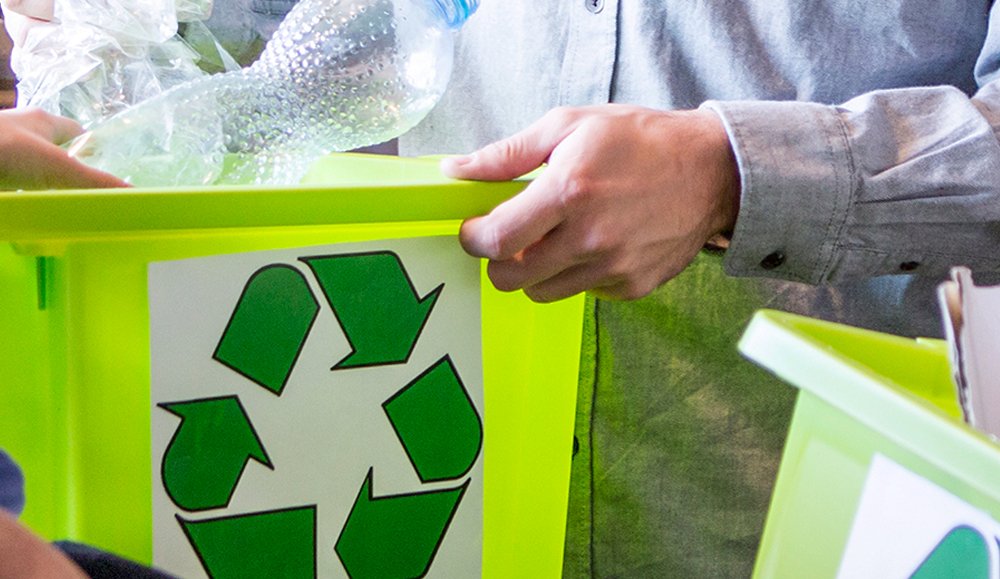

Sustainable Procurement
The procurement policy prioritizes local suppliers and materials with lower environmental impact. This practice reduces the ecological footprint associated with raw material transport and stimulates regional economic development. Supplier selection also considers sustainability and social responsibility criteria.
Sustainable Vertical Integration
The group integrates various stages of the value chain, from raw material extraction to transport and production. This integration allows more efficient resource management and reduces environmental impacts. Operational synergies between quarries, concrete production plants, concrete product manufacturing, construction and assembly works, and transport services ensure greater control over processes and promote sustainable practices across operations.
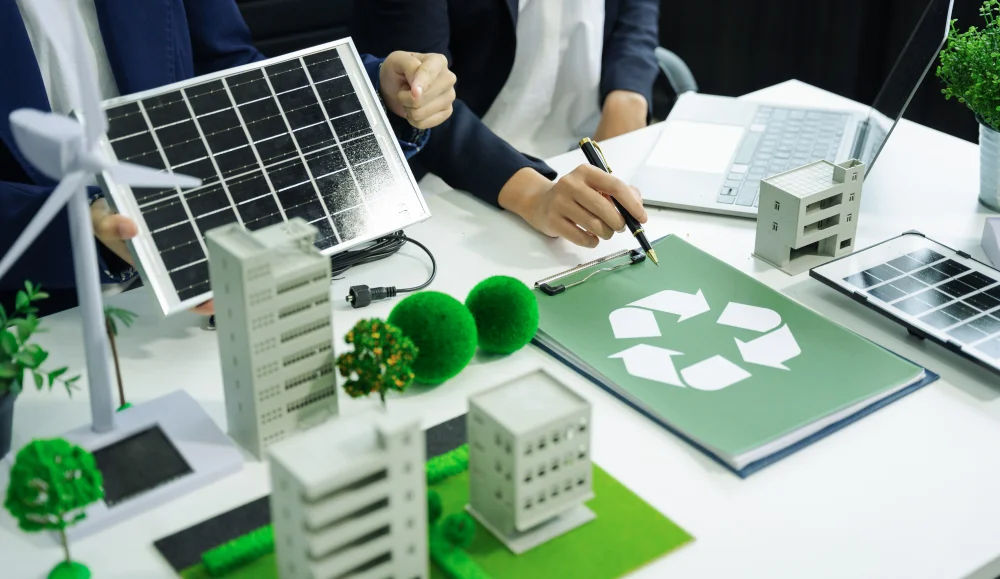
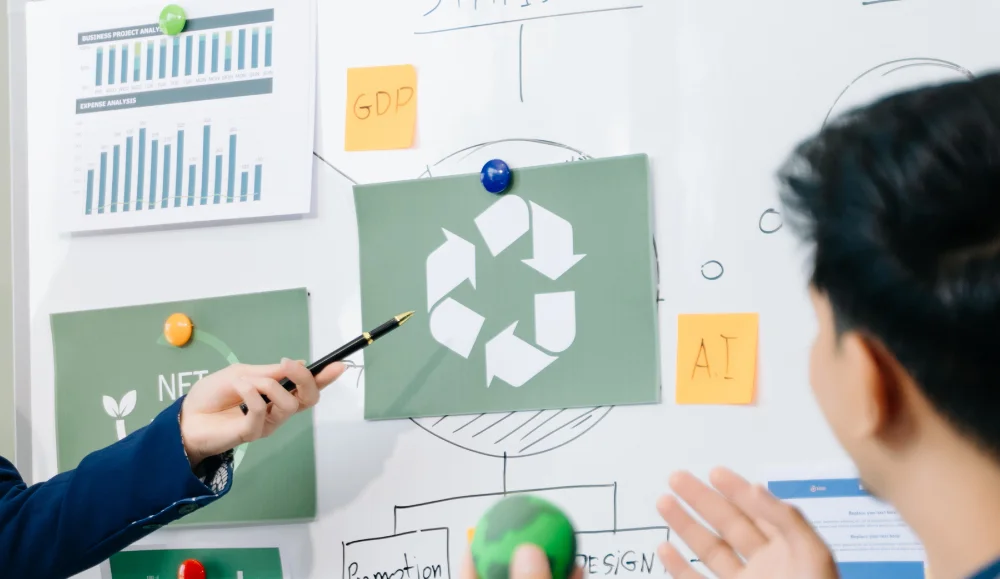
Environmental Training and Awareness
The group considers employee training a key factor in operational success. An annual training plan is established, integrating environmental themes across topics, including sustainable resource management, compliance with current environmental legislation, pollution prevention, and adoption of good environmental practices in the operational context.